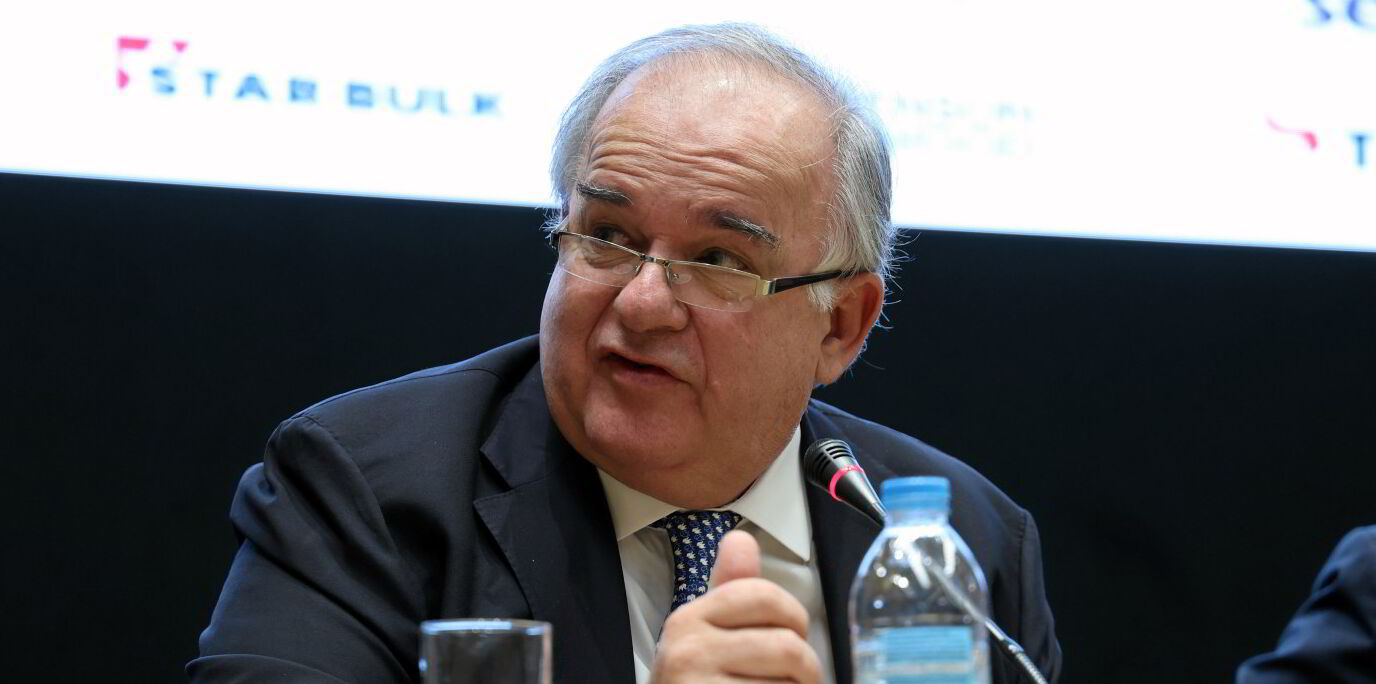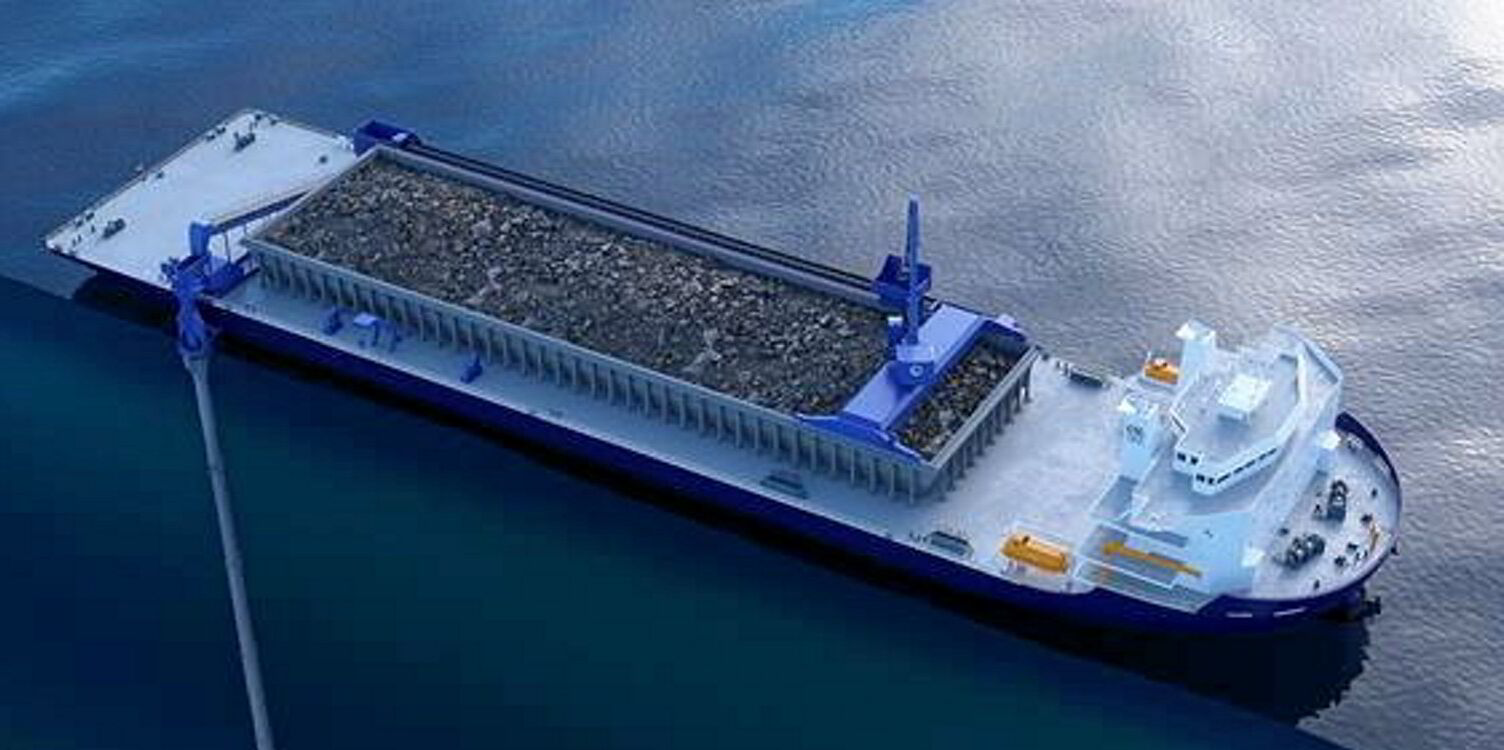New York-listed Star Bulk Carriers’ investor-friendly stance has been backed by analysts at Clarksons Securities.
The investment bank said the Greek bulker owner, the biggest dry cargo player on public markets, continues to show its shareholder-focused governance.
Beyond paying out generous dividends, the company sold a 2004-built capesize in September for $20m and used the proceeds to repurchase $16.3m in shares at well below net asset value.
Another $2.9m of stock was bought later in the quarter.
The company said this week that it does not intend to buy ships or newbuildings for cash at current valuations.
Star Bulk believes repurchasing shares makes more sense, and the analysts called this “the right approach” from a company trading at 69% of NAV.
Following the merger with Eagle Bulk, the company has also unlocked $6.5m in quarterly synergies, with management saying it expects to reach its target of $50m in annual synergies within 18 months, according to analysts led by Frode Morkedal.
Star Bulk remains as a strong pick in the dry bulk space with its sector-leading size and trading liquidity, and shareholder-friendly distributions, the analysts added.
There is also a significant upside to its share price, potentially as much as 45%, due to the discount to NAV.
Clarksons Securities has retained a “buy” rating on the stock
Stock took a beating
Fearnley Securities estimates the share is trading at 65% of NAV.
Analysts Fredrik Dybwad and Nils Thommesen said that following the Eagle Bulk deal, the stock received a beating.
“We argue the fall in equity valuation is temporary and affected by several factors, such as overhang from legacy shareholders and Star Bulk’s changed fleet composition,” the analysts added.
They cited the owner’s proven track record in mergers and acquisitions, as well as “seasoned” management.
“Current pricing is arguably to be viewed as temporary noise, with pricing eventually returning to its historical average of 85% to 95% of NAV, we believe,” the analysts said.
Star Bulk’s third-quarter Ebitda of $144m was slightly below the Bloomberg consensus of $149m.
The owner’s net income was $81.3m during the third quarter, up from $43.7m a year earlier.
Adjusted net income, which excludes factors not tracked by analysts, rose to $82.7m from $33.1m.
That resulted in $0.71 in adjusted earnings per share, just $0.02 below the average estimate of four analysts polled by Yahoo Finance.




